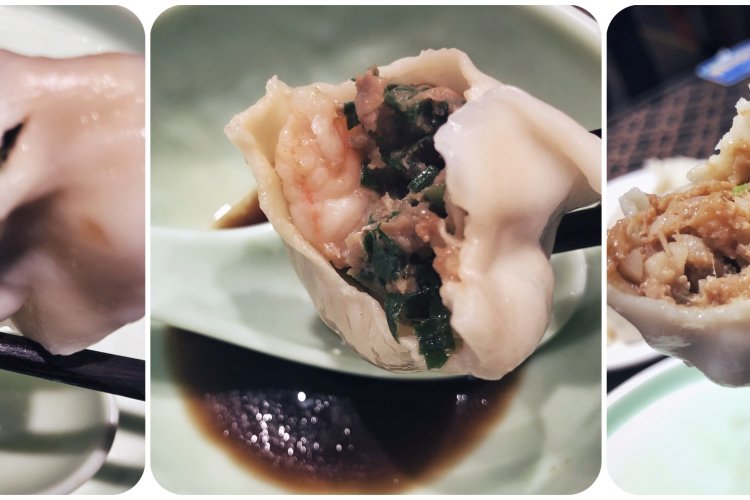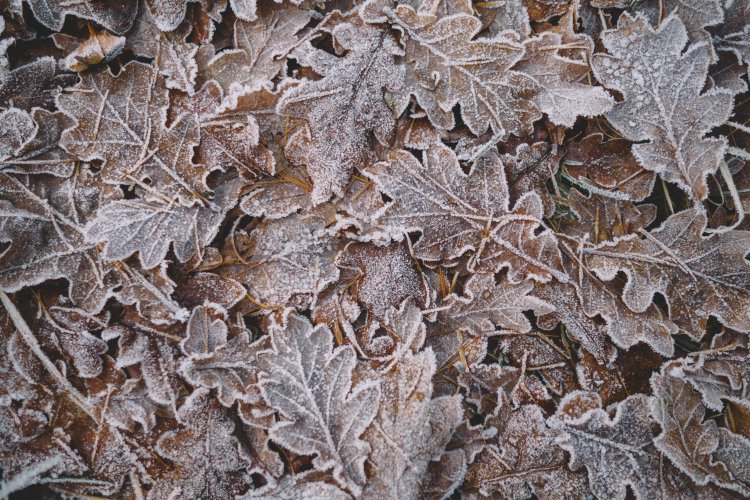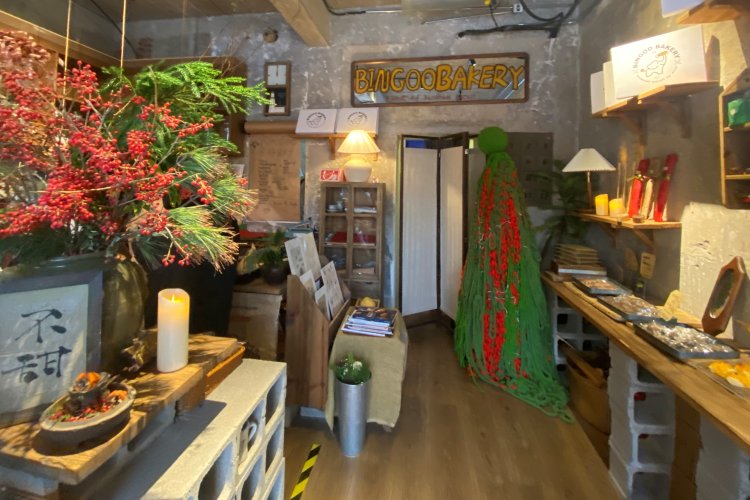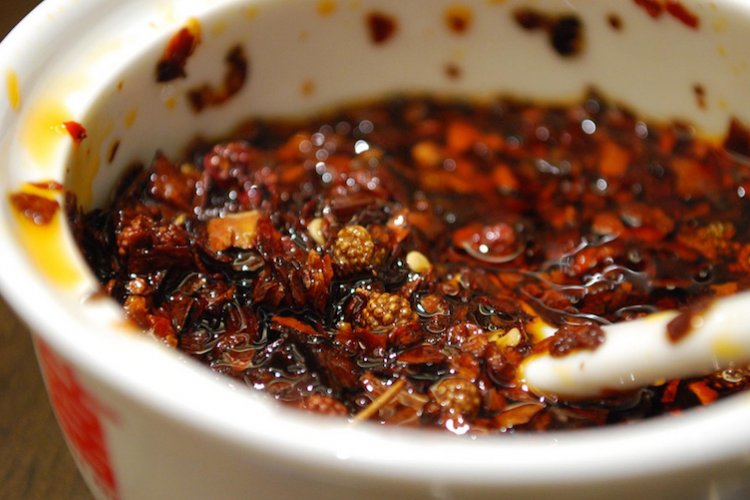A Quick Guide to Some of the Different Types of Chinese Vinegar
Ever been in a Chinese supermarket surrounded by shelves of Chinese vinegar and had no idea what the differences are or which one to buy? Well, don't fret, because what follows is a guide to Chinese vinegars, how they differ, and what they are normally used for.
Zhenjiang Vinegar (镇江香醋 zhènjiāng xiāngcù)
Zhenjiang vinegar, also known as Chinkiang vinegar, is the most well-known Chinese vinegar and also the most commonly found outside of China. As you can guess from the name, it originates from Zhenjiang in southeast China's Jiangsu Province and reportedly has a history of over 1,400 years.

Zhenjiang vinegar's main ingredient is generally glutinous rice, although wheat, barley and other grains are also added. It has a mellow, fragrant taste and is sweeter than white or red vinegar. This vinegar is generally used to make cold dishes (凉拌菜 liáng bàn cài), or dipping sauces for things like dumplings.
One of the most famous brands of Zhenjiang vinegar is Hengshun (恒顺 Héngshùn). It’s won numerous brand awards in China over the years, so it's a pretty safe bet to buy when choosing a vinegar.
Shanxi Mature Aged Vinegar (山西老陈醋 shānxī lǎo chéncù)
Hailing from north China's Shanxi Province, this is the other major type of black vinegar that’s used in Chinese cooking. Unlike Zhenjiang vinegar, Shanxi vinegar is made from sorghum instead of rice, with other grains like wheat, barley, bran, and peas added to the mix.
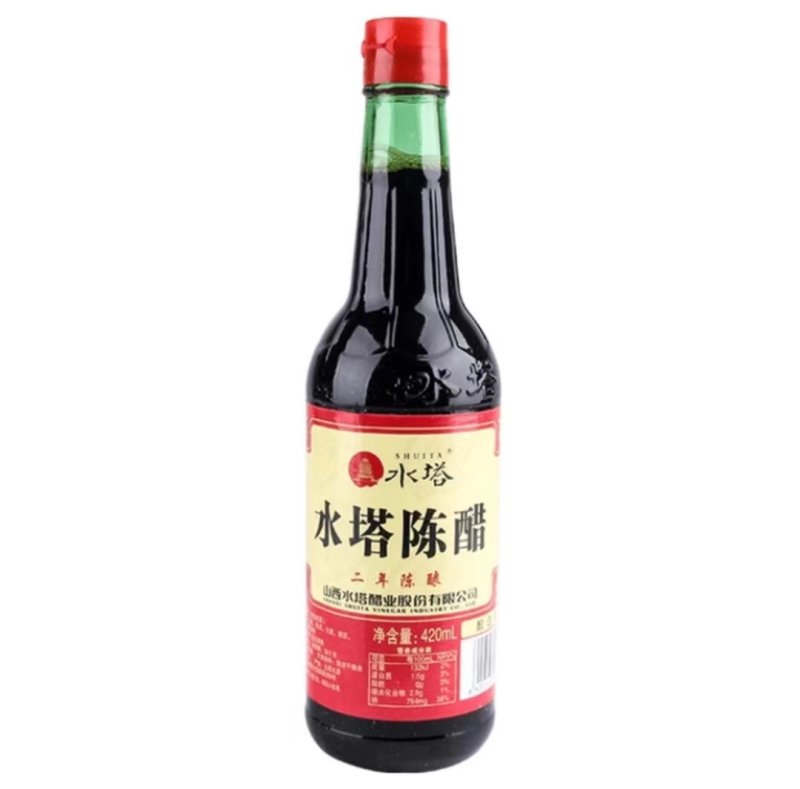
Shanxi vinegar is aged for at least a year, and the ones you’ll normally find in a shop will have been aged for three years. This aging gives the vinegar a stronger flavor than Zhenjiang vinegar and lends it more deep sour notes. The strong flavor of Shanxi vinegar means that it is often used in braised dishes (红烧菜 hóng shāo cài) as well as some cold dishes where a stronger sour flavor is desired. For those who just love that strong vinegar flavor, this can also be the preferred choice for dumpling dipping.
The most commonly found brand of Shanxi vinegar is probably Shuita (水塔 Shuǐtǎ), which has a few different varieties, such as one that has been aged for ten years.
White Rice Vinegar (白米醋 báimǐcù)
This vinegar is the most similar to Western kinds of vinegar in flavor and probably comes closest in flavor to apple cider vinegar, although it’s less strong and doesn’t have the fruity undertones. It’s made from fermented rice and ranges from clear to pale yellow in color.
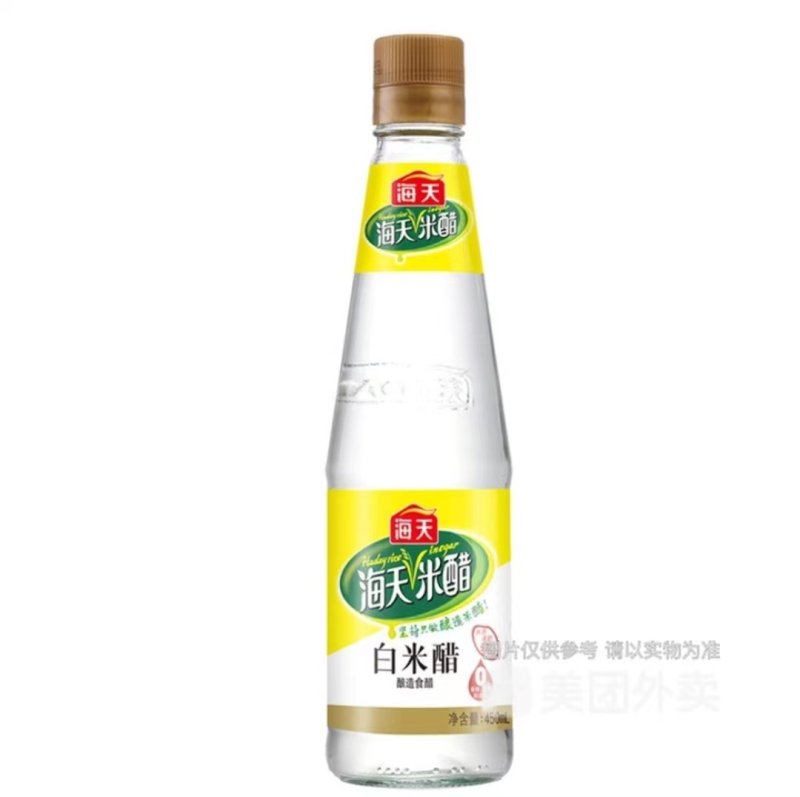
White rice vinegar is usually used for making Chinese pickles (跳水泡菜 tiàoshuǐ pàocài) because its clear color doesn’t affect the food. It’s also often used in Cantonese-style sweet and sour dishes.
Dumpling Vinegar (饺子醋 jiǎozi cù)
Lastly, we have dumpling vinegar, which, as you’ve probably guessed, is used for dipping dumplings. Dumpling vinegar can vary a lot depending on the brand, however generally it’s either made from Zhenjiang vinegar or Shanxi vinegar, with garlic, salt (or sometimes soy sauce) added in. Some brands also add other flavors such as ginger.

Do you have a preferred type of Chinese vinegar? Let us know in the comments below.
READ: 24 for '24: Daccapo's Inspiring and Authentic Italian Dishes
Images: Meituan Waimai, Canva
Related stories :
Comments
New comments are displayed first.Comments
![]() Submitted by Guest on Fri, 08/19/2022 - 20:14 Permalink
Submitted by Guest on Fri, 08/19/2022 - 20:14 Permalink
Re: A Quick Guide to Some of the Different Types of Chinese...
Back in the day when I was a lousy roustabout, there I was, spinnng my heels, sippping a pint a a Victoria BC bar, name unremembered, when who do I meet but Robin Skelton, whose book I had just purchased yesterweek. It was called `Islands, Poems in Japanese Meter' or something like that. I bloody well consumed that book, bus ride up to Prince George, there to work in the bush coupla months, make a shitload of money. So don'tcha go sussin me bout haiku!None of these sentences fit the metre of haiku, and were not intended as such. Good to have a creative mind reading, though.Actually almost no haiku in English fit any meter. Somebody vapes their hash oil, mutters a couple of sentences, then splits that up into three lines and, Viola! Instant haiku on toast!
[/quote]
I'll brand haiku on yer backside in cuneiform script and use rusty irons if the whim overtakes me. I am the Grand Master of Haiku Hapkido.
THe world is just a branding iron/ The world is just a branding iron/ And ow! And ow!
[/quote]There's a Monty Pythong skit in here somewhere. I am checking the underpants now.
![]() Submitted by Guest on Fri, 08/19/2022 - 13:54 Permalink
Submitted by Guest on Fri, 08/19/2022 - 13:54 Permalink
Re: A Quick Guide to Some of the Different Types of Chinese...
Back in the day when I was a lousy roustabout, there I was, spinnng my heels, sippping a pint a a Victoria BC bar, name unremembered, when who do I meet but Robin Skelton, whose book I had just purchased yesterweek. It was called `Islands, Poems in Japanese Meter' or something like that. I bloody well consumed that book, bus ride up to Prince George, there to work in the bush coupla months, make a shitload of money. So don'tcha go sussin me bout haiku!None of these sentences fit the metre of haiku, and were not intended as such. Good to have a creative mind reading, though.Actually almost no haiku in English fit any meter. Somebody vapes their hash oil, mutters a couple of sentences, then splits that up into three lines and, Viola! Instant haiku on toast!
![]() Submitted by Guest on Thu, 08/18/2022 - 20:33 Permalink
Submitted by Guest on Thu, 08/18/2022 - 20:33 Permalink
Re: A Quick Guide to Some of the Different Types of Chinese...
None of these sentences fit the metre of haiku, and were not intended as such. Good to have a creative mind reading, though.Simply pondered the imagery. Imagining this canal (not the Grand Canal, but an offshoot, dashikou (大市口) 镇江。) Littered with corpses.Hey! That's a misintentional high-coo, like what the Japanee write. Them and creepy art-major chicks in college.
Ponder the imagery/Imagine the canal/Littered with corpses
![]() Submitted by Guest on Wed, 08/17/2022 - 19:09 Permalink
Submitted by Guest on Wed, 08/17/2022 - 19:09 Permalink
Re: A Quick Guide to Some of the Different Types of Chinese...
Simply pondered the imagery. Imagining this canal (not the Grand Canal, but an offshoot, dashikou (大市口) 镇江。) Littered with corpses.Speaking of rebellions, I sometimes ask my students what the hell was the Taiping Rebellion all about. Reply `Don't know much about it'. If it ain't on Douyin it don't exist.In one account I read of the Taiping Rebellion, in Zhenjiang, where I was living at the time, it was stated that corpses so filled the canal that people crossed the canal walking on the rotting corpses that filled the canal. I used to ponder that every time I took the bus downtown and crossed the canal.
What did you ponder? The corpse walk itself? Filling the canal with fresh cadavers? Both?
![]() Submitted by Guest on Wed, 08/17/2022 - 18:54 Permalink
Submitted by Guest on Wed, 08/17/2022 - 18:54 Permalink
Re: A Quick Guide to Some of the Different Types of Chinese...
Speaking of rebellions, I sometimes ask my students what the hell was the Taiping Rebellion all about. Reply `Don't know much about it'. If it ain't on Douyin it don't exist.In one account I read of the Taiping Rebellion, in Zhenjiang, where I was living at the time, it was stated that corpses so filled the canal that people crossed the canal walking on the rotting corpses that filled the canal. I used to ponder that every time I took the bus downtown and crossed the canal.
It'd be like walking on tightly-packed garbage sacks with sticks (bones) among the soft parts. You'd tend to sink in. Not to mention the convulsive puking the smell induces. As literature, not bad; as history, fanciful. The canal may well have been corpse packed. No one was skipping the bridge to walk on dead folks.
Well I wasn't there myself to witness, but I can readily imagine all bridges blasted to smitheroons (war and all) and a person needing to go A to B, hence a little sloppy foot and miasma ain't no big deal when xiao liu is a waiting for ya with her eager beaver.
![]() Submitted by Guest on Tue, 08/16/2022 - 21:38 Permalink
Submitted by Guest on Tue, 08/16/2022 - 21:38 Permalink
Re: A Quick Guide to Some of the Different Types of Chinese...
Speaking of rebellions, I sometimes ask my students what the hell was the Taiping Rebellion all about. Reply `Don't know much about it'. If it ain't on Douyin it don't exist.Ever been in a Chinese supermarket surrounded by shelves of Chinese vinegar(quote)
Sounds like a tale of ethnic violence. The Bai Mi Cu Rebellion or some such.
In one account I read of the Taiping Rebellion, in Zhenjiang, where I was living at the time, it was stated that corpses so filled the canal that people crossed the canal walking on the rotting corpses that filled the canal. I used to ponder that every time I took the bus downtown and crossed the canal.
![]() Submitted by Guest on Tue, 08/16/2022 - 21:30 Permalink
Submitted by Guest on Tue, 08/16/2022 - 21:30 Permalink
Re: A Quick Guide to Some of the Different Types of Chinese...
Ever been in a Chinese supermarket surrounded by shelves of Chinese vinegar(quote)
Sounds like a tale of ethnic violence. The Bai Mi Cu Rebellion or some such.
Ya take 250 ml 9度醋,mince up three cloves of garlic. 起床后第一件事, Gargle and swallow. Aint no werewolves, vampireens, ... not nobody, gonna mess wi you.
Validate your mobile phone number to post comments.


